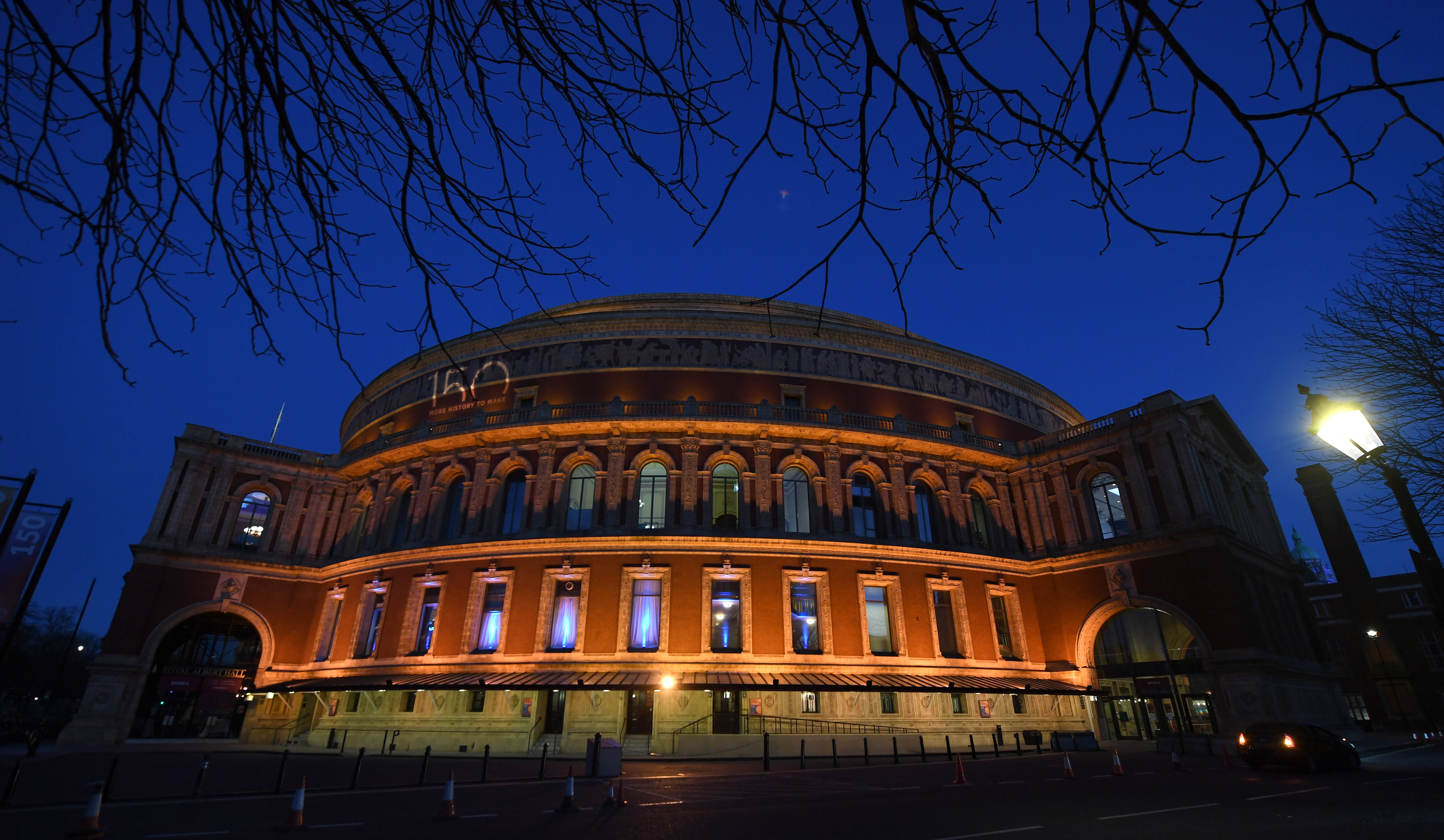Roger Daltrey calls out Royal Albert Hall members for ‘cashing in on charity seats’
‘I am deeply ashamed by the conduct of those currently in control of the Albert Hall,’ said a former president of the Hall
Roger Daltrey has taken aim at Royal Albert Hall members accused of cashing in on seats for charity gigs.
Wealthy members of the concert hall are accused of using their dedicated ticket allocation to make a profit from celebrity charity performances organised to raise money for young cancer patients, according to The Guardian.
Many allowed their tickets to be resold by the ticket office to raise money for the cause, but others were resold on ticketing websites at a profit.
Tickets for performances by The Who in March were found being sold at a cost of £139 on one such website.
Under the establishment’s current model of ownership, a quarter of its 5,272 seats are the property of 316 heirs of the original subscribers who funded its founding in 1867.
“They are obviously within their rights to keep their tickets, but whether it is morally right or wrong is a different thing,” the 80-year-old singer said.
“It is unfortunate what has been going on. It’s a moral issue. If I was the boss of the Albert Hall I would make it clear that this would be a nice thing to do [to stop it].”
Former president of the Royal Albert Hall, Richard Lyttelton, gave evidence at a House of Lords session examining changes to the venue’s constitution.

“A few weeks ago there was a charity concert given by members of the Who at the Albert Hall,” Lyttelton told peers.
“The artists gave their performance and actually sponsored, effectively, the whole concert. Certain members felt it wholly appropriate because they are investors to sell their tickets for their own benefit. Now that, I think, does illustrate the kind of mindset.”
He also told The Guardian: “As a member of the corporation I am deeply ashamed by the conduct of those currently in control of the Albert Hall. By using the charity’s resources to defend such blatant abuse of privilege, the hall’s council illustrates precisely why it is so ill-suited to govern this iconic national institution.”

A spokesperson for the Teenage Charity Trust told The Guardian: “Over the years many members who haven’t been able to attend the shows have supported the charity by donating their seats to us to sell, helping us fund our work supporting teenagers and young people with cancer.
“We would of course encourage members unable to attend the shows to donate their tickets to Teenage Cancer Trust and not sell these for private gain.”
The Independent has contacted the Royal Albert Hall for comment but a spokesperson for the venue told The Guardian: “The seatholders’ tickets are their private property and belong neither to the hall nor to the promoter of the event, and seatholders are entitled to use their tickets as they choose. Their rights derive from the pre-existing private rights of the seatholders arising at the time of the hall’s creation. They therefore do not deprive the charity or the concert promoter of ticket revenue when they sell their tickets.”
The spokesperson also added that the attorney general had not formally opposed their bill to alter their constitution and “as such we hope the bill can pass through parliament unamended and unopposed”.
Join our commenting forum
Join thought-provoking conversations, follow other Independent readers and see their replies
Comments
Bookmark popover
Removed from bookmarks